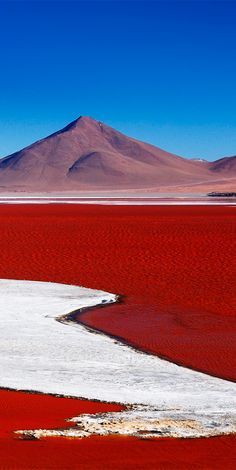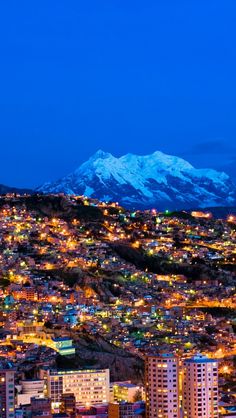Health
Bolivia is a country where many cities are at an altitude of over 10,000 feet (3000 meters). For people suffering from cardiovascular or breathing problems, we would therefore highly recommend you consult a specialist doctor before traveling. The altitudes of the main Bolivian cities are the following:
- La Paz: 3600 m / 11,800 ft
- Uyuni: 3650 m / 12,000 ft
- Potosi: 4000 m / 13,100 ft
- Sucre: 2850 m / 9350 ft
- Copacabana: 3800 m / 12,500 ft
- Santa Cruz: 400 m / 1300 ft
- Tupiza: 2900 m / 9500 ft
- Tarija: 1800 m / 5900 ft
- Rurrenabaque: 200 m / 650 ft
- Cochabamba: 2600 m / 8500 ft
Altitude sickness can translate into the following symptoms: fatigue, headaches, nausea, loss of appetite, dizziness, insomnia. In order to fight altitude sickness in the most natural way possible, rest is absolutely necessary. It is also important to remain hydrated and avoid overeating. Aspirin and Diamox are commonly used. The supposed benefits of the coca leaf are more doubtful. Our partner hotels in the cities of a higher altitude always keep a stock of oxygen. In case of aggravated symptoms, do not hesitate to ask the hotel reception or your English-speaking representative to call a doctor. We highly discourage setting off on any trek or excursion if you are suffering from altitude sickness.
There is a risk of malaria in the Amazonian area. Make sure you cover up, and use insect repellent on your skin and clothes. Whatever your destination in the Amazon, the lodges we work with are always equipped with mosquito nets. We also recommend you be vaccinated against the yellow fever if you are planning to travel to the Amazon.
The sun is very strong in Bolivia, particularly at a high altitude. Make sure to pack some good sunglasses, a hat, lip balm containing SPF, and sun screen containing a high SPF.
To make things easier if ever you do have a health emergency, don’t forget to inform us of your insurance information (insurance company, insurance number, emergency contact and emergency number to call).



Follow us!